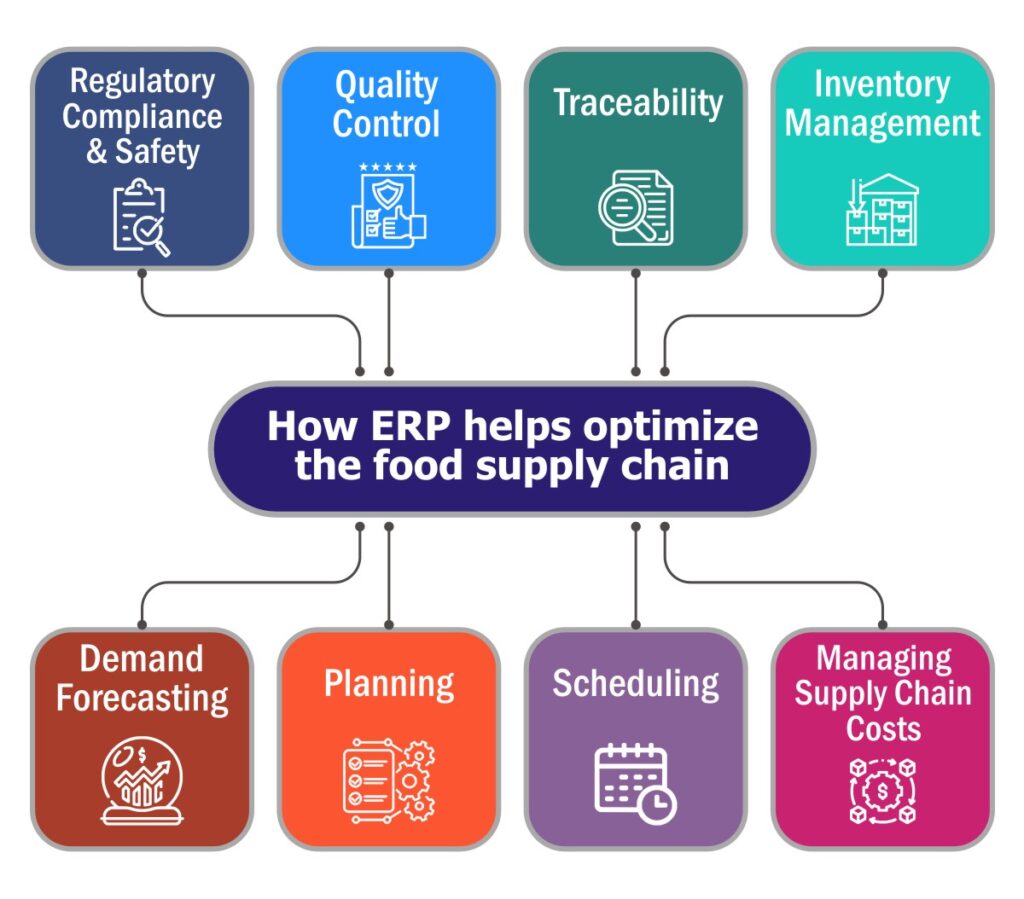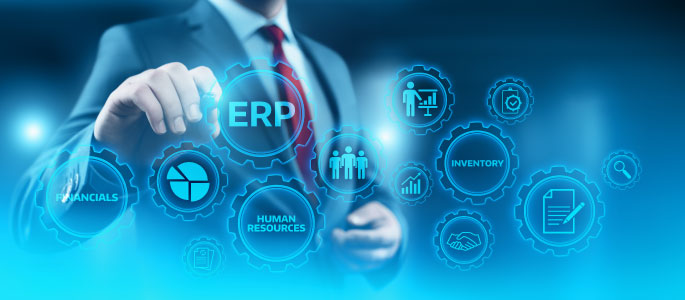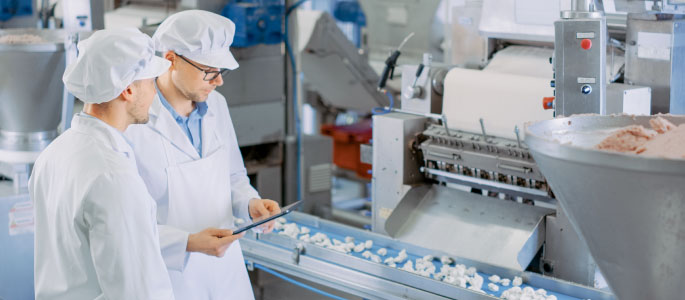
Managing the supply chain efficiently isn’t an easy thing to do, particularly for the food manufacturers, who face many challenges on the supply chain front. Fortunately, there are tools such as an ERP software for food industry that can help them optimize and manage the food supply chain.
If you are a food manufacturer operating in Philippines, or anywhere in the world, read on to learn more about how important a role an ERP plays in this entire process.
Introduction
We all love to have good food. We all do. There is virtually nothing that can beat the pleasure of sitting at the dining table with a plate full of your favourite food after a day’s work. We all, in fact, work very hard day and night just for living, and having consistently good food is a big part of survival.
But seldom do we wonder how this food ends up on our plate; how it comes from the farm to our fork. Indeed, most people never think about this entire process, which we know as the food supply chain- an enormous and painstakingly complex process that involves many stakeholders.
The food supply chain encompasses all activities involved in producing raw and fresh produce, transforming it into finished food products, and storing and then distributing it so that it reaches the end consumer. Its management is the pivot on which the entire flow of goods and services, including sourcing, manufacturing, and order fulfilment, rest. Though the pushes and pulls of demand and supply keep this chain moving, several challenges arise as the food manufacturers go about implementing every meticulous step in the food supply chain.
A look at those challenges first
The supply chain challenges in the food industry are predominantly driven by internal and external factors that are directly as well as indirectly related to the changing global trends. For example, operational risks that arise due to the disruptive global political events or wars that occur in locations impacting a manufacturing business’ suppliers can lead to supply delays.
Then there’s the challenge of managing rising costs through the supply chain network along with the pressure of meeting profit margins. These include costs for labour, raw materials, energy, international shipping costs, and more.
Another challenge the food manufacturers face comes in the form of product perishability. The food products are perishable, and so are the ingredients they are made up of. Moreover, these ingredients vary from lot to lot, thus making it trickier.
The manufacturers also find it challenging to keep real-time checks on quality control, ensure visibility and transparency throughout the supply chain, deal with the regulatory burdens, and manage the demand fluctuations, etc., which makes the picture pretty clear as to why the food supply chain is very challenging. To address these challenges, food manufacturers require a tool that can offer a host of relevant functionalities to address the challenges mentioned above, apart from the ability to manage the supply chain in real-time, all the time.
ERP software for food industry happens to be that tool
An ERP software allows the food manufacturers to tackle the supply chain challenges head-on, in the most efficient manner. Let’s take a look at the core components of an ERP software for food manufacturing that make it absolutely indispensable for the food businesses, and give a good account of its importance in supply chain management for the food manufacturers:

- Regulatory compliance & safety
More than any other manufacturing industry, consumer safety gains prominent significance in the food manufacturing industry. An ERP for food and beverages industry can help manufacturers meet all the local as well as global compliance requirements, allowing them to push only those products through the supply chain that meet all the regulatory standards, and thus ensure consumers’ safety.
- Quality Control
In addition to the previous point, the food manufacturers also need a mechanism to ensure the quality of their products throughout their lifecycle. An ERP software for food industry, through its quality control capabilities, allows them to apply quality control at every step of the manufacturing process. This, in turn, enables them to reduce the probability of food safety incidents, keep the supply chain healthy, and churn out consistent quality products all through the year.
- Traceability
In today’s time and age, customers expect service and transparency of the highest order, and demand exact information about the food products they are consuming. In order to do this, who do the food manufacturers turn to? They turn to an ERP for food and beverages industry that offers them with full forward & backward traceability, along with real-time critical insights about their products’ whereabouts in the supply chain.
With traceability, food manufacturers can track down any shipment at any point in their supply chain, which can help them mitigate the risks involved in product recall, and gain agility required to deal with problems such as food recalls or quality issues within certain batches.
- Inventory management
With an ERP for food manufacturing industries in Philippines, manufacturers can better track, manage and organize their inventory and product stock, and warehouse data, as well as record various product movements. This way, they get visibility into the inventory on hand, inventory that’s been shipped out, that’s yet to be shipped, etc., and where the inventory is in the supply chain at any given time. This visibility makes the manufacturers’ job easier, and allows them to manage the supply chain with élan.
- Demand forecasting, planning & scheduling
An ERP also offers food manufacturers the ability to accurately forecast the demand, so that they can place the right product, at the right place, at the right time. With it, the manufacturers can consider the shift in consumer demand while making the forecast, and thus proactively plan the supply chain operations such as procurement of materials, scheduling the manufacturing operations and getting them executed as per the planned schedule, and finally getting the finished products shipped to the consumer in a timely manner.
- Managing supply chain costs
We mentioned briefly earlier in the blog how the food manufacturers find it challenging to manage the rising costs through the supply chain network. The supply chain costs do affect the financial stability of a business, and it is here that an ERP for food and beverages industry can help in a big way. By streamlining and automating processes like procurement, and inventory & warehouse management, and through effective demand monitoring & planning, process standardization, and real-time analytics, it offers a way to increase the business efficiency and optimize the supply chain expenses.
In a nutshell
It has been established beyond reasonable doubt that an ERP software for food manufacturing is an extremely important tool to have for the food and beverage manufacturing businesses. Among other reasons, the food manufacturers need to invest in an ERP to manage and control their food supply chain in the best possible manner.
We at BatchMaster are leading providers of ERP software solutions for process manufacturing industries, including the food and beverage manufacturing industry and its micro-verticals. Our solutions help food manufacturers optimize supply chain management. To know more about how we can help your business with it, write to our experts for a demo/consultation.



